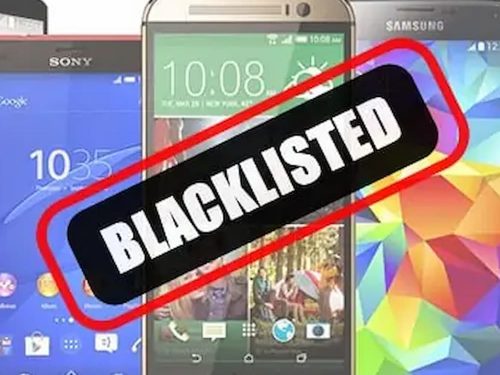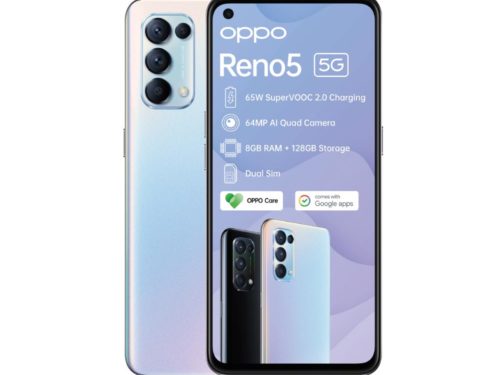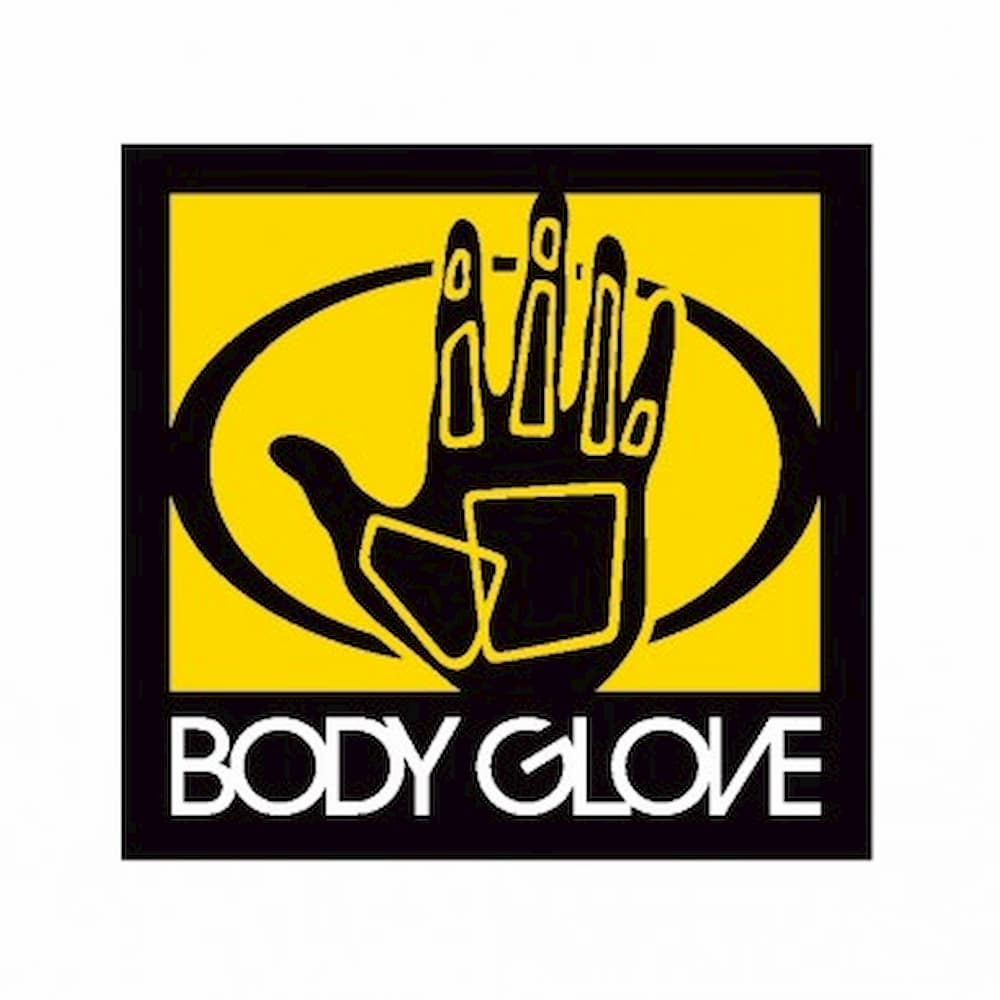

A lot has been said about the large tech companies and their dominance in their respective areas. As we all become so reliant on our technology to keep us; up to date with current affairs, our social lives, or help us with a plethora of day to day decisions, how much do we trust these large tech companies to operate in our best interests?
The answer should be easy and with Google’s much-touted ethos of “Do no evil”, do all the tech giants operate with a solid moral compass and govern themselves with ethics?
Facebook has been hauled before the US government and European Parliament to explain its stance on a variety of issues. Most noteworthy is its acceptance of targeting advertising and posts with the explicit intention of swaying elections – even going so far as to allow political parties to post fake information. Something we experienced here in South Africa was the Bell Pottinger PR scandal. The PR firms’ exploits on social media were designed to create negative sentiments in our country and breed discontent amongst different race groups – something this weekend’s Rugby World cup victory will hopefully have helped to amend.
And, while Zuckerberg has ducks and dives in front of world leaders, and Facebook tries to launch its cryptocurrency, Libra, I for one am incredibly concerned over Facebook’s plans for the future.
With the launch of Facebook’s Marketplace, Facebook is starting to eat away at the classified listing places with the likes of Gumtree and eBay. With more and more talk of Conversational Commerce and selling utilizing its WhatsApp service, you can see why Facebook wants its Libra currency to become the dominant means of exchange.
Now, if Facebook and dear old Mark where upstanding global citizens, they would be showing some modicum of care and duty in “trying to take over the world” (Pinky and The Brain, references intended) we would gladly champion their efforts. Instead, our experience with them thus far has been from satisfactory and, it seems they have a profit-above-all-else motivation.
For corporates, having a business presence on Facebook is a great way to engage with customers. Facebook advertising, utilizing the plethora of intelligent algorithms, offers post boosts, audience targeting, shopping feeds and a host of customization tools. These are services which Facebook makes readily available to you to throw advertising dollars into their money-making marketing machine.
But what happens when something goes wrong? Is there a customer care department you can call? An account manager you can reach out to? An easy or transparent method to communicate with “The Man”? The short answer is NO.
In the past, we have had fraudulent individual pages set up on Facebook with the page owner claiming to be an employee and selling fraudulent items on the side. Each time a page was identified, your only recourse is to go onto the page and report it to Facebook. It is basically like throwing a message in a bottle into the ocean and hope it reaches Mark while he’s vacationing in the Caribbean.
It took us over seven months to eventually have the pages deleted and the email addresses being used to set up these accounts barred from Facebook and this only after managing to track and reach out to the head of Facebook in SA. In that time, though, countless people around the globe were defrauded, with no recourse and no way to report the crime in their countries of residence.
Fast forward to this past week; we picked up a new Facebook page created called Cellucity ZA. The page was designed to look exactly like us. They were holding a competition for consumers to stand in line to win the latest Samsung Galaxy S10. To win, you simply had to like and share the post and follow the page. The winners were to be announced on Friday 1st November.
So, again, we report this page. We encouraged all of our users to do the same, in the hopes that somebody at Facebook will find the complaint and take action. Facebook offers no record of the complaint, reference number, or status update. They must have a level of responsibility to act quickly, in to protect both their user base and us, a corporate advertiser on their platform. Fortunately, we posted up a page detailing the fraudulent page, and luckily the average users today, are wising up a little, as the “winners” were sent a link via FB Messenger where they needed to enter their address and credit card details. Many wisened up and started checking the validity of the page directly with us.
Some, were not so lucky and our Facebook inbox this past Friday was flooded with consumers wanting to know if the competition page was legitimate because they had won, where could they collect their prize? The page is no longer active today, a full six days after it was first reported. At last glance, the page had garnered over 8000 likes and shares – in a matter of two days — but still no response or feedback from Facebook.
So, my question to Facebook as a paying Corporate customer using your platform, why can you not:
- Verify the identity of corporate when pages are created?
- Help a corporate protect its brand and logos from not being misappropriated to be used on fake pages.
- Setup a helpline, live chat or contact centre for your paying customers to assist them.
- Allow a corporate to validate employment of users purporting to work/have worked at a corporate
Facebook, you have a long way to go to win the trust of governments, businesses and users before you venture into Libra and begin the shift to conversational commerce and banking. I suggest you start by focusing on protecting the rights of both your individual and corporate users.
Chris Henschel










